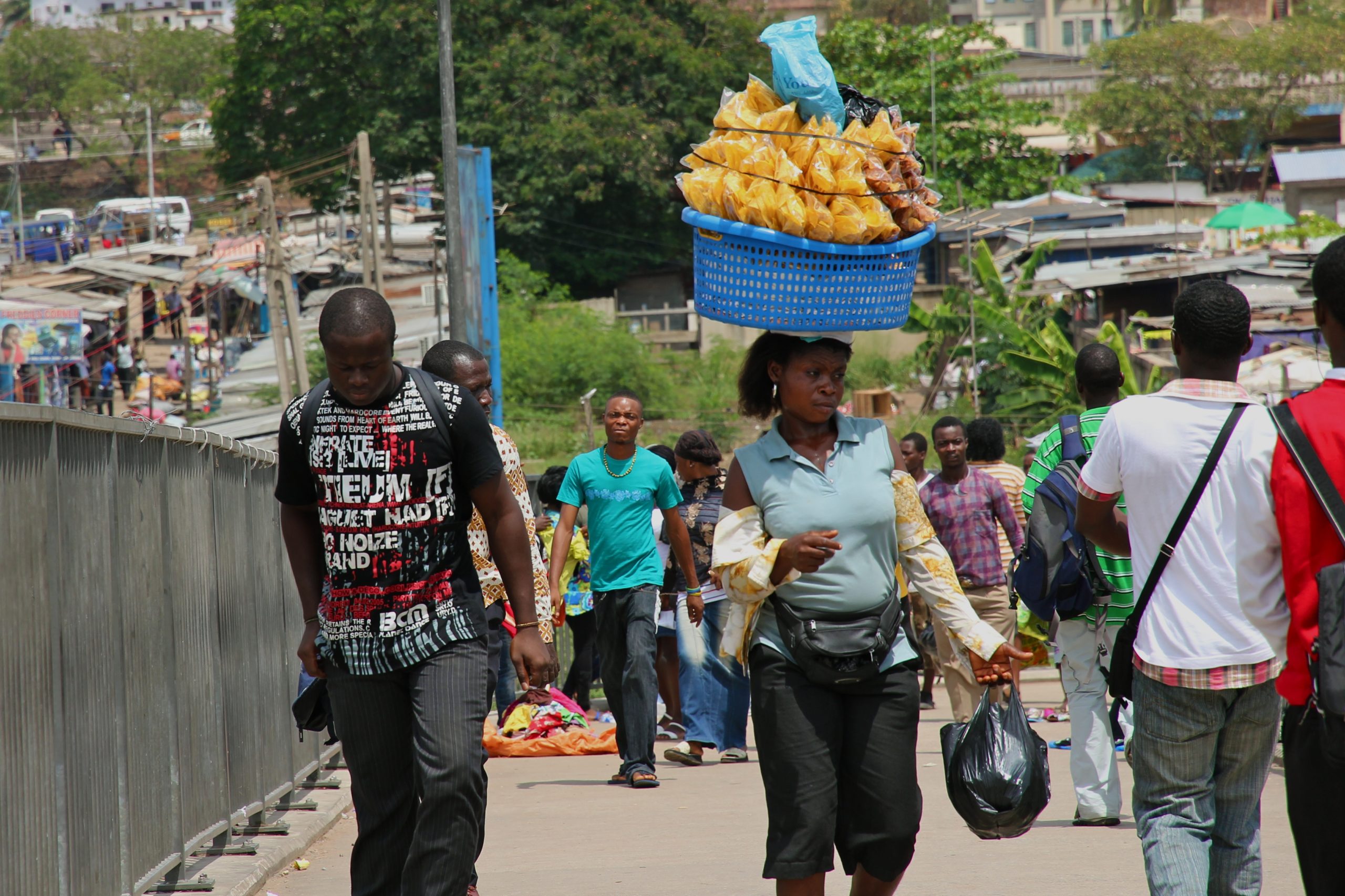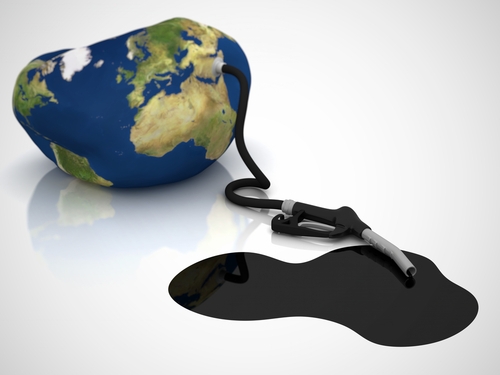
The year 2015 has been a very challenging one for Ghana particularly in economic terms. Our cedi has depreciated against the major trading currencies by a cumulative 32.9 percent since the beginning of the year 2014 to May 2015. The erratic power supply (Dumsor) has negatively impacted most industries and has had a telling effect on the manufacturing sector. Industrial growth was pegged at 2 percent as at the end of 2012, but we recorded -0.4 percent in 2013 and went down to -0.5 percent in 2014 and analysts believe there will be a further dip in 2015. These factors among many others have contributed to the challenges facing the economy.
Additionally real GDP growth is projected to fall to 3.4 percent in 2015 from 4 percent in 2014. Is there a way to go around this dilemma? Economic and policy analysts are watching with keen interest, moves by government to arrest this trend. Is the make-up of the Ghanaian local economy to blame for these?
Financial Analyst and former boss of Amalbank Ghana Ltd, Menson Torkunoo points to some three (3) factors which need to be looked into to propel the country unto the growth path.
AGRICULTURE
He rates agriculture high on the to-dos of government priorities to drive this agenda. He believes with the many business opportunities abounding in Ghana, agriculture is the most viable. “I don’t see why we can’t produce food to feed ourselves and export some to earn foreign exchange,” the financial analyst bemoaned. Arable lands lay bare in most parts of the country from the Savannah regions of Ghana to the dense forest in the middle belt through to the coastal areas. He believes we should exploit our agricultural potential to kick start our agro- processing industries. Menson Torkunoo adds, policymakers are failing to look inwards for the very solutions we need to address this concern about making good returns from agriculture as a country. “We import so much millions of dollars’ worth of rice, we import vegetable oils, furniture, tomatoes, cattle, develop our agriculture potential, produce enough food in Ghana to feed ourselves and export. I can tell you to some extent, if we do not do that our inflation figures would never come down because the food index of inflation is very high. But if we begin to produce enough to feed ourselves and export our inflation will come down,” he added.
Ghana experienced net capital outflows in June 2015, partly driven by deterioration in perceived risk in the midst of global market volatility. As a result, gross international reserves were down by $1.1 billion by end-June to $3.2 billion (equivalent to 2.1 months of import-cover), and the Ghanaian cedi lost 21% of its value against the US$ by September, 2015.
Inflation has remained high, despite the tighter monetary policy stance and slowdown in economic activity. Inflation rose to 17.3% in August from 16.4% in January, reflecting the sharp currency depreciation and fuel price adjustments. This Menson Torkunoo is of the strong opinion can be addressed by pursuing comprehensive agricultural policies to mitigate these worrying trends which threatens our economic growth and development.
So I think the first thing we need to do is to look inward, develop our agriculture potential, produce enough food in Ghana to feed ourselves and export. I can tell you to some extent, if we do not do that our inflation figures would never come down because the food index of inflation is very high. But if we begin to produce enough to feed ourselves and export, our inflation will come down. – Menson Torkunoo
INDUSTRY
Although the industrial sector gains over the last two years have been dipping mainly due to the erratic power supply (Dumsor) and some economic challenges, Mr. Torkunoo believes the country should pursue a more ambitious policy for industrialisation. We’ve seen what the gains from industrialisation can do for a country. Japan, The US, Germany, Russia and other western industrialised nations reminds us of the economic benefits in pursuing an industrialisation policy towards national development. In the nineteenth century, the United States followed a different path towards industrialisation based on primary exports, abundance of land and natural resources, and scarcity of labour. Ghana finds itself in the same light as the US two centuries ago and Mr. Torkunoo believes there’s no need reinventing the wheel. If we are serious about turning our natural resources into gains we need to industrialise. “We should be able to use our raw materials from agriculture and add value to become finished product. If we don’t do so the very small foreign exchange we earn will be used in importing and that will be repatriated away. We need look inward to begin to develop our factories.” There are empirical studies which buttress the point that industrialisation and development are bed-fellows. Ghana has the capacity to industrialise although it is currently being threatened by erratic power supply and cheap imports from China. All these challenges can be addressed by governments resolve to initiate appropriate policies backed by the political will to achieve those objectives in the policies.
EDUCATION
Our educational policies have not been consistent over the years and many analysts believe it’s a contributory factor for unemployment in the country. “We need to have a paradigm shift in the structures making our schools. We need to, going forward place emphasis on technical and vocational education. Technical and vocational schools should be supported so that the middle level of our labour can stand in for the foreigners we normally use. Our roads are now virtually being constructed by the Chinese. If we develop our technical schools properly we can conserve a lot of foreign exchange by making sure capital is not flown out by these Chinese who construct our infrastructure.” Menson Torkunoo is confident education holds key to Ghana’s quest to develop but the right policies tailored to address needs of industries and societies through education is the way to go. Skill development for him is lacking in our educational programs at all levels of the educational chain. With the right education our agriculture sector and industrial sector will develop, and of course with the appropriate government interventions
All these plans and policies will need a deliberate government support and will to carry them through. Time to make those decisions is now.
Author: Paa Swanzy-Essuman || p.swanzy@ghanatalksbusiness.com









